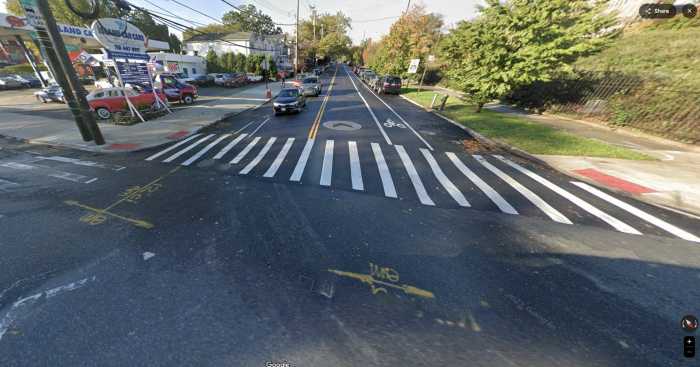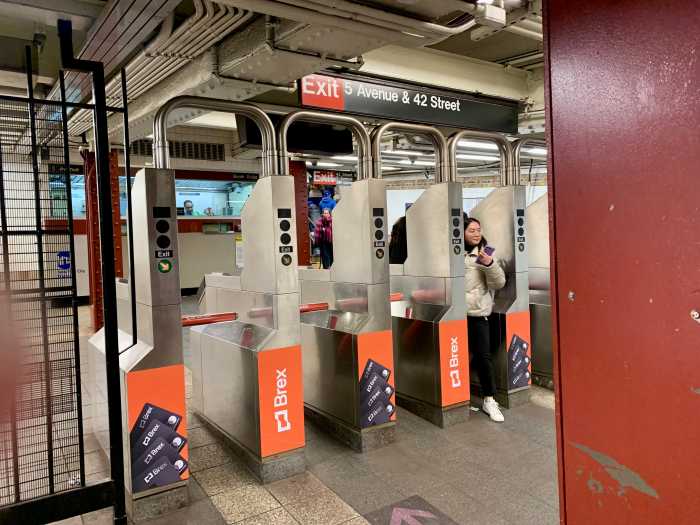
The City Council came down on the Taxi and Limousine Commission Monday after one lawmaker located a formal warning that medallion loans may leave countless drivers mired in debt.
City Councilman Ritchie Torres began the Council’s oversight hearing into the extreme taxi medallion loan speculation by announcing that his office obtained the findings of a report — given to the TLC in 2011 — that looked into medallion prices and the loans used by drivers to purchase them at auctions during the late 90s and 2000s. Analyst Gary Roth predicted that more medallion owners would experience ballooning payments greater than the value of the medallion’s original price and that medallion value would depreciate.
"In this case, owners may default on their loan, and have the medallion repossessed by the bank. If there were large number of repossessions, it could cause the major financers to go into default, and put a damper on sales," the memo read.
Acting TLC Commissioner Bill Heinzen testified Monday that he and other TLC administrators had not read the Roth report until last week. It was first reported by The New York Times last month. He repeatedly said he could not speak for former administrators or their actions and noted that the scope of the agency’s jurisdiction is limited when it comes to loans.
"TLC licenses and regulates medallion owners, but it does not regulate the lending industry, including banks and credit unions who wrote, refinanced and hold medallion loans," Heinzen said.
Torres, however, called Heinzen’s reasoning weak, especially since the TLC has had a copy of the report since 2011 and continued to promote medallion auctions to the public up until 2014.
"The city has the same perverse incentives as the predatory loaners and speculators. They are willing to destabilize the market to generate short-term revenue," he said.
Taxi drivers and advocates have been reporting that an increasing number of cabbies have experienced financial ruin over lower revenues and increasing costs, especially related to medallion loan payments. Bhairavi Desai, the president of the New York Taxi Alliance, which represents drivers in the city, estimated that the average net income for a driver last year was a negative $24,904.
Several drivers have committed suicide and others are working more hours just to stay afloat, she testified.
"Every single person in the city of New York should feel great shame when you look into that taxi and it’s a man or woman in their late 60s or 70s. That is unbelievable, because their retirement was stolen," Desai testified.
Mouhamadou Aliyu, a driver who bought his medallion with a loan at a 2004 auction, gave emotional testimony in which he revealed he has thought about suicide because of his mounting debt but has continued to drive to support his wife and four children.
"I’m doing everything for them, and today everything is being taking away from me. I don’t understand what is going on in this city," he said.
Heinzen apologized for TLC’s role in the medallion mortgage crisis. He said the agency is providing mental health services through the city’s Thrive NYC initiative and has worked with the city to reduce fees and regulations to help drivers.
"We do hear it, it does affect us very deeply. All of these stories, and the pain that the families are feeling … it is devastating, it can be overwhelming," he said.
Mayor Bill de Blasio ordered the TLC and Department of Consumer Affairs to investigate predatory practices behind taxi medallion purchases and their results are scheduled to be made public next month.
The council is also reviewing four bills aimed at giving the TLC new requirements and resources to curb the loan crisis and provide drivers with relief.
One would require the TLC to receive annual financial disclosures that include all revenue, expenses and debt from all drivers while another would require the agency to review all documents related to medallion loans.
Another bill would require the TLC to review taxi brokers, agents and licensees for any misconduct and gives the agency the power to revoke the licenses if there is any fraud. The fourth bill would set up an "office of financial stability," which would issue annual reports on the state of the industry.





































